How many types of onions do you grow?
Donna
12 years ago
Related Stories
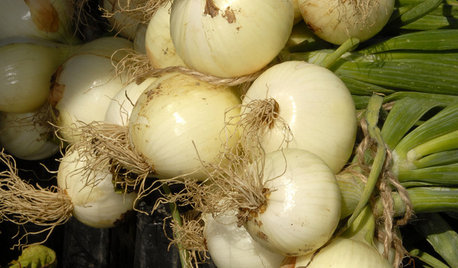
COOL-SEASON CROPSCool-Season Vegetables: How to Grow Onions
Essential for a cook's garden, onions come in many varieties and show staying power on the shelf
Full Story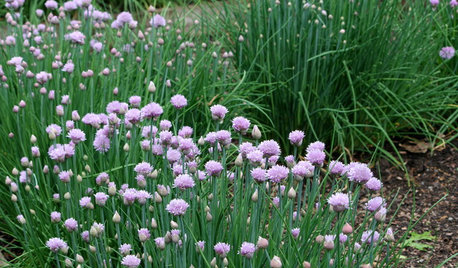
HERBSHerb Garden Essentials: How to Grow Chives
This decorative and delicately flavored herb from the onion family is easy to grow indoors and out
Full Story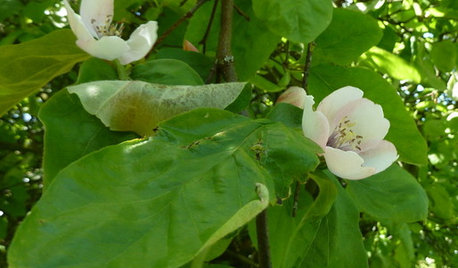
EDIBLE GARDENSWhy Grow Quince? For Beauty, Fragrance and Old-Time Flavor
Delightfully perfumed fruit and lovely spring blossoms make this apple and pear cousin worth a spot in the garden
Full Story
EDIBLE GARDENSSummer Crops: How to Grow Tomatoes
Plant tomato seedlings in spring for one of the best tastes of summer, fresh from your backyard
Full Story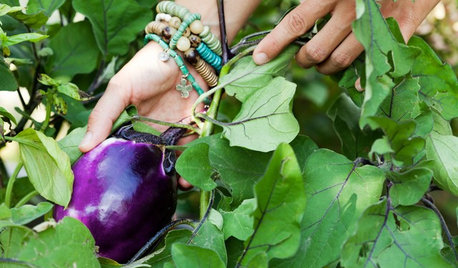
EDIBLE GARDENSHouzz Call: What Did You Grow This Summer?
Let’s celebrate the homegrown fruits and vegetables of the season. Post your pictures and tell us about your harvest
Full Story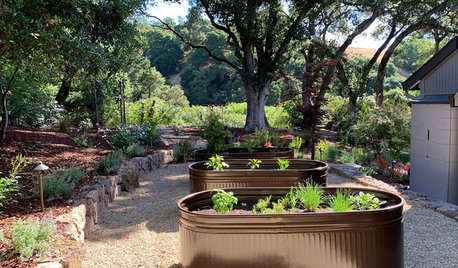
FARM YOUR YARD6 Things to Know Before You Start Growing Your Own Food
It takes time and practice, but growing edibles in the suburbs or city is possible with smart prep and patience
Full Story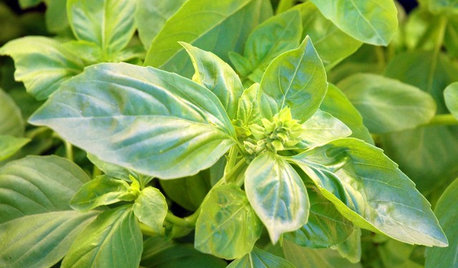
SUMMER GARDENINGHow to Grow Basil
Bright color, quick growth and endless uses for cooking make this summer annual a winner in the garden or a pot
Full Story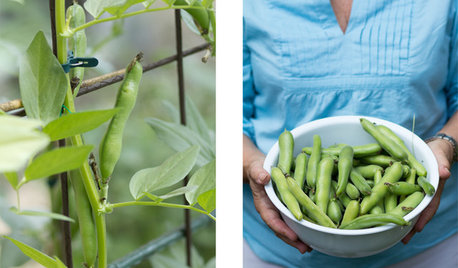
SUMMER FRUITS AND VEGETABLESSummer Crops: How to Grow Beans
Grow your own beans for amazing variety and healthy, convenient produce all summer
Full Story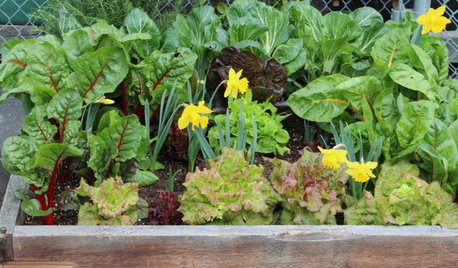
FARM YOUR YARDGrow a Kitchen Garden in 16 Square Feet
Got a sunny 4-by-4 space? You can make meals more interesting with your own vegetables and herbs
Full Story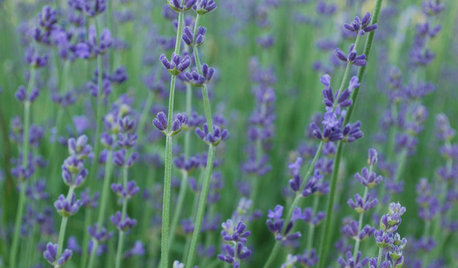
EDIBLE GARDENSHow to Grow Your Own Cocktail Garden
Conceivably, anything edible could find its way into a cocktail. Why not make the route rather short?
Full StoryMore Discussions






wolverine1012
cybrczch
Related Professionals
Danbury Landscape Architects & Landscape Designers · Signal Hill Landscape Architects & Landscape Designers · Centereach Landscape Contractors · Cockeysville Landscape Contractors · Hilton Head Island Landscape Contractors · Mahwah Landscape Contractors · North Richland Hills Landscape Contractors · Golden Valley Landscape Contractors · Columbus General Contractors · Galveston General Contractors · Geneva General Contractors · Mentor General Contractors · Mount Vernon General Contractors · Universal City General Contractors · Wheaton General ContractorsDonnaOriginal Author
cybrczch
DonnaOriginal Author
zeedman Zone 5 Wisconsin
DonnaOriginal Author
jolj
KatyaKatya
Macmex
DonnaOriginal Author
Macmex
sunnibel7 Md 7
jolj
Macmex
DonnaOriginal Author
sunnibel7 Md 7
zeedman Zone 5 Wisconsin
gardenvt
cybrczch
Macmex
DonnaOriginal Author
sunnibel7 Md 7
DonnaOriginal Author
sunnibel7 Md 7